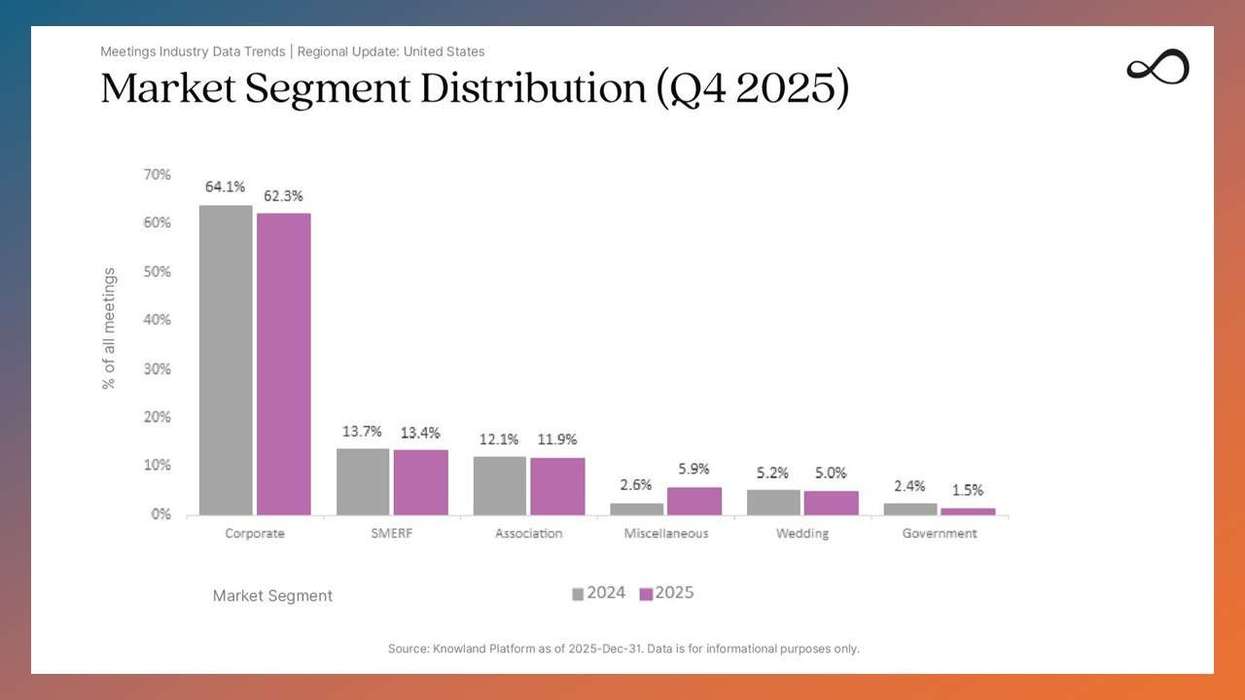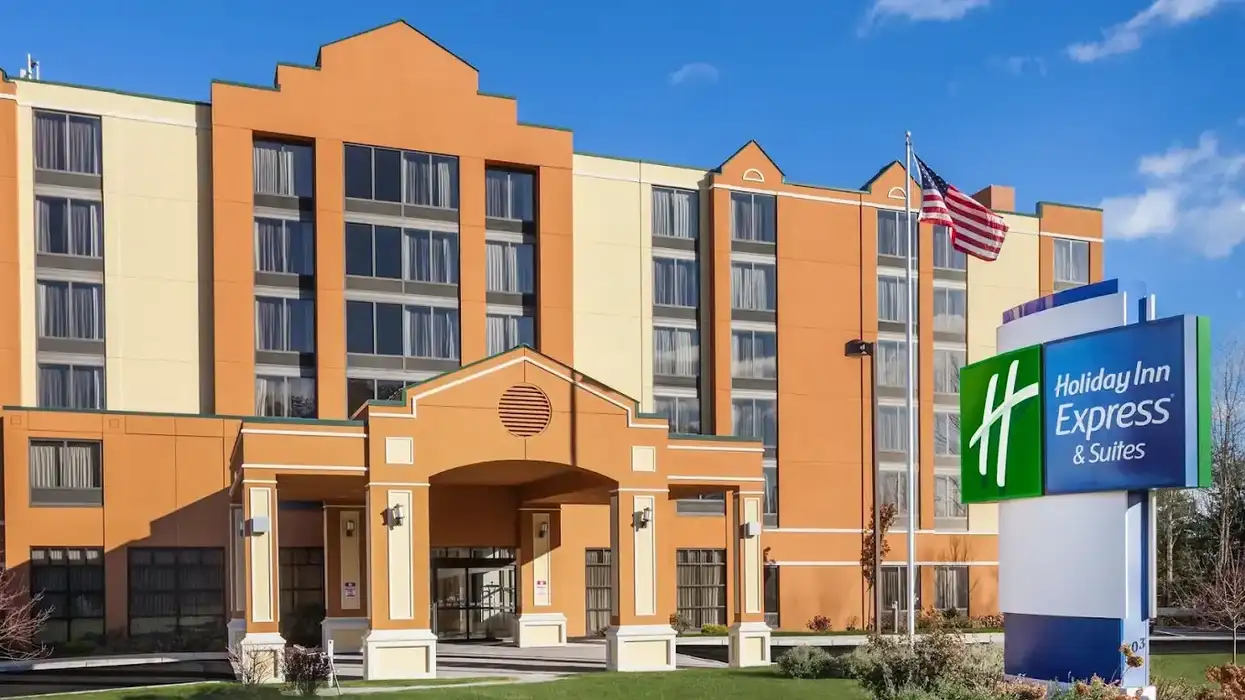THE CORONAVIRUS AID, Relief, & Economic Security Act, a $2.2 trillion stimulus package signed into law March 27 by President Trump includes several provisions advocated for by hotel companies and associations including AAHOA and American Hotel & Lodging Association. However, the leaders of those associations say more is needed.
According to AHLA, positive elements of the CARES Act include:
- $349 billion in small business loans
- Expanded unemployment insurance, tax rebates and business tax provisions
- Funding for hospitals, healthcare facilities and providers
- Funding for impacted industries, including hotels
The underlying tenant of the CARES Act is strong, said Chip Rogers, AHLA president and CEO, but it does fall short in some ways.
“There is one challenge that makes the current plan unworkable for hoteliers. The legislation limits an SBA loan to 250 percent of average monthly payroll,” Rogers said. “This limit will not allow a business owner to meet both payroll and debt service obligations beyond an estimated four to eight weeks. Consequently, it will result in furloughing the very workers the bill seeks to protect. Since the measure reduces debt forgiveness with any reduction in payroll, hoteliers would be forced to use the entire loan amount on payroll, at the expense of debt service. The harsh reality is that travel restrictions and mandated business closures remain in place. The outlook for the foreseeable future is zero revenue for most hotels. If a hotelier cannot make debt payments the business will go under and the jobs are lost.”
AAHOA also supported the CARES Act stimulus, but Cecil Staton, AAHOA president and CEO, also said hoteliers’ work is not finished.
“This historic relief package provides immediate liquidity for small business owners and their employees as they struggle with the crippling economic effects of the COVID-19 pandemic,” Staton said. “Next, we must simultaneously navigate the regulatory and administrative hurdles that may crop up during the implementation of this law while continuing our conversations with lawmakers and administration officials about additional steps the government must take to ensure hotel owners can maintain access to capital throughout the duration of this crisis.”
There were several delays in Congress’ passing of the bill as Democrats pressed for changes, but a deal was reached on March 25.





